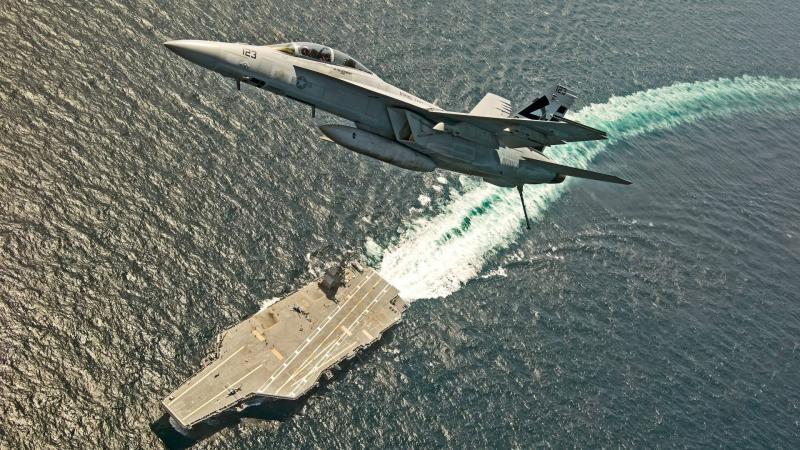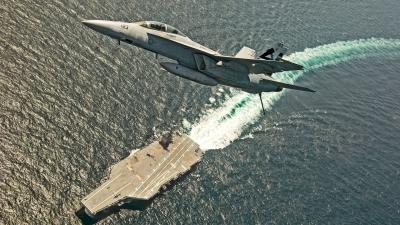The American newspaper "The Hill" urged President Joe Biden's administration to directly target Iran, rather than its proxies, in order to deter attacks on American forces in Iraq and Syria. It deemed that U.S. responses to date have "failed" to achieve their deterrent goal, warning that Tehran's strategy aimed at driving a wedge between the United States and Israel could succeed.
The U.S. report, translated by Shafaq News Agency, noted that despite Washington's capabilities, it does not instill fear in Iran in the same manner as Israel does. When Israel conducts military operations against Iran in Iraq and Syria and carries out covert operations against its nuclear facilities, Iran responds by targeting American forces in the Middle East through its proxies, expecting the U.S. administration to pressure Israel to halt the escalation. The report criticized the notion that America has become a proxy for Iran in its responses to Israel.
Regarding options to halt the attacks, the report pointed to the actions and airstrikes executed by Washington against Iran-backed groups in Iraq and Syria, as well as the sending of warships to the region, asserting that these measures have not succeeded in deterring Iran's proxies; in fact, the number of attacks has increased. The report concluded that Iran would continue to escalate its actions, putting the U.S. administration in front of three choices: accept Iran's demands to cease the attacks, take no action and continue to endure assaults, or escalate the U.S. retaliatory response to compel Iran to stop.
The report questioned whether Iran would succeed in pushing Biden's administration to call for Israel to cease its operations in Gaza to end the increasing attacks against American soldiers.
It posited that deterrence through punishment is possible, although it acknowledged that the U.S. has never succeeded in deterring or compelling Iran by punishing its proxies. The only times Washington imposed a direct cost on Iran resulted in successful deterrence. One instance was in the so-called Tanker War in 1988 when President Ronald Reagan sank 6 out of 12 Iranian ships, which diminished Iranian "aggression" and convinced the Iranian leadership at the time to end the Iran-Iraq war. The second instance was following the assassination of Quds Force commander Qassem Soleimani in 2020, noting that Iran significantly reduced its attacks on American forces until Biden took office, but resumed and escalated attacks since then.
The report asserted that Iran lacks the capability for direct confrontation with the United States, suggesting that the regime's increasing boldness in its attacks against American forces stems from its belief that it will not face repercussions for its actions. Therefore, the report contended that showing military resolve by punishing Iran directly and strongly could compel the regime to radically change its strategy. It added that 45 years of sanctions have curtailed Iran's capabilities but failed to deter it.
The report clarified that the existence of Hamas, Hezbollah, and other proxies across the Middle East is aimed at ensuring Iran's survival, rather than the opposite, suggesting that neutralizing Iran’s tactical assets would not lead to a strategic or political change, as these proxies can be regarded as mercenaries that can be dispensed with. For a strategic change to occur, the United States would need to either neutralize strategic military assets or threaten the regime's grip on power.
The American report concluded that if the United States does not impose deterrence, Iran will continue to escalate its proxy attacks, exploiting the U.S. administration's fear of a new military front, potentially succeeding in driving a wedge between the United States and Israel. It noted that the cautious approach taken by the Iranian regime in escalating attacks and hesitating to strike American soldiers directly contradicts its rhetoric and reveals Tehran’s rational fear of confrontation with the U.S. military. The report ultimately stated that exploiting this fear would deter Iran, and if the United States is serious about deterring Iran and protecting the lives and safety of its forces in the region, it would utilize Soleimani's assassination model as a key example of a successful strategy.




